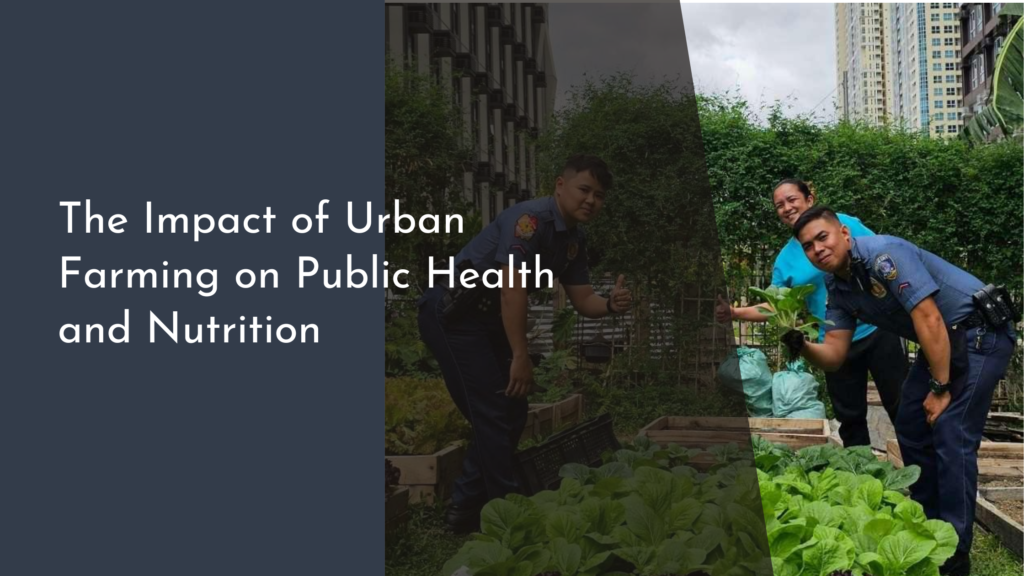Innovative Practices in Organic Farming
In recent years, organic farming has surged in popularity, driven by increasing consumer demand for healthier food and a growing awareness of environmental sustainability. This shift has led to the adoption of innovative practices that not only enhance productivity but also preserve the natural ecosystem. In this article, we explore some of the cutting-edge techniques organic farmers are using to revolutionize the agricultural landscape.
Embracing Biodiversity: A Key to Success
Biodiversity plays a crucial role in organic farming by fostering resilience and enhancing the overall health of the ecosystem. Organic farmers are increasingly embracing biodiversity to create a balance in the environment, which can help control pests and diseases naturally. This is accomplished by planting a variety of crops, which ensures that pests do not find a single source of food, thus reducing the likelihood of infestations. Additionally, diverse plant species attract a range of beneficial insects and pollinators, such as bees and butterflies, which are vital for crop production.
Farmers are also integrating livestock into their operations as part of a mixed farming system to further enhance biodiversity. Livestock not only provide a source of natural fertilizer through their manure but also help in managing crop residues and weeds. This symbiotic relationship between plants and animals creates a sustainable cycle that contributes to richer soil, increased productivity, and a balanced ecosystem. By fostering biodiversity, organic farmers are able to create a more sustainable and resilient agricultural system that can withstand the challenges posed by climate change.
Sustainable Water Management Techniques
Water is a precious resource in agriculture, and sustainable water management is crucial for the success of organic farming. Innovative practices like rainwater harvesting and the use of drip irrigation systems are helping farmers conserve water efficiently. Rainwater harvesting involves collecting and storing rainwater for use during dry periods, reducing dependency on groundwater and other sources. This technique not only ensures a steady supply of water but also helps in maintaining the natural water cycle.
Drip irrigation, on the other hand, delivers water directly to the roots of plants, reducing evaporation and water wastage. This precision irrigation method allows for better control over water use, ensuring that crops receive the right amount of moisture needed for optimal growth. Moreover, integrating soil moisture sensors can further optimize water usage by providing real-time data on soil moisture levels, allowing farmers to irrigate their fields only when necessary. These sustainable water management techniques not only conserve water but also enhance crop yields, making organic farming more viable and environmentally friendly.
Pest Control: Natural Solutions That Work
One of the primary challenges in organic farming is managing pests without the use of synthetic chemicals. Farmers are turning to natural pest control methods that are effective and environmentally sustainable. Biological control, which involves the use of natural predators or parasites to control pest populations, is gaining traction among organic farmers. For example, ladybugs are released in fields to control aphid populations, while parasitic wasps are used to manage caterpillars.
Companion planting is another innovative technique that involves growing certain plants together to deter pests and attract beneficial insects. For instance, marigolds can be planted alongside vegetables to repel nematodes, while basil can be grown with tomatoes to ward off tomato hornworms. These natural solutions not only reduce the reliance on chemical pesticides but also promote a healthier ecosystem, ensuring that crops are grown in harmony with nature’s processes.
Advanced Composting for Healthier Soil
Composting is a cornerstone of organic farming, providing a natural way to enrich the soil and boost plant health. Advanced composting techniques involve the use of specialized composting systems and a diverse range of organic materials to produce nutrient-rich compost. Vermicomposting, which uses earthworms to break down organic matter, is an effective method that accelerates the composting process while enhancing the nutrient content of the final product.
Farmers are also experimenting with thermophilic composting, which involves maintaining higher temperatures to speed up the decomposition process and kill off any pathogens. This method not only produces high-quality compost in a shorter time but also ensures that the soil is free from harmful microorganisms. By adopting advanced composting techniques, organic farmers can maintain soil fertility, improve soil structure, and promote healthy plant growth, all of which contribute to sustainable agricultural practices.
The bright future of organic farming lies in the continuous development and adoption of innovative practices that align with sustainable agriculture principles. By embracing biodiversity, managing water resources wisely, employing natural pest control methods, and enhancing soil health through advanced composting, organic farmers are charting a path toward a more resilient and sustainable food system. As these practices become more widespread, they hold the promise of not only meeting the growing demand for organic produce but also protecting our planet for future generations.

